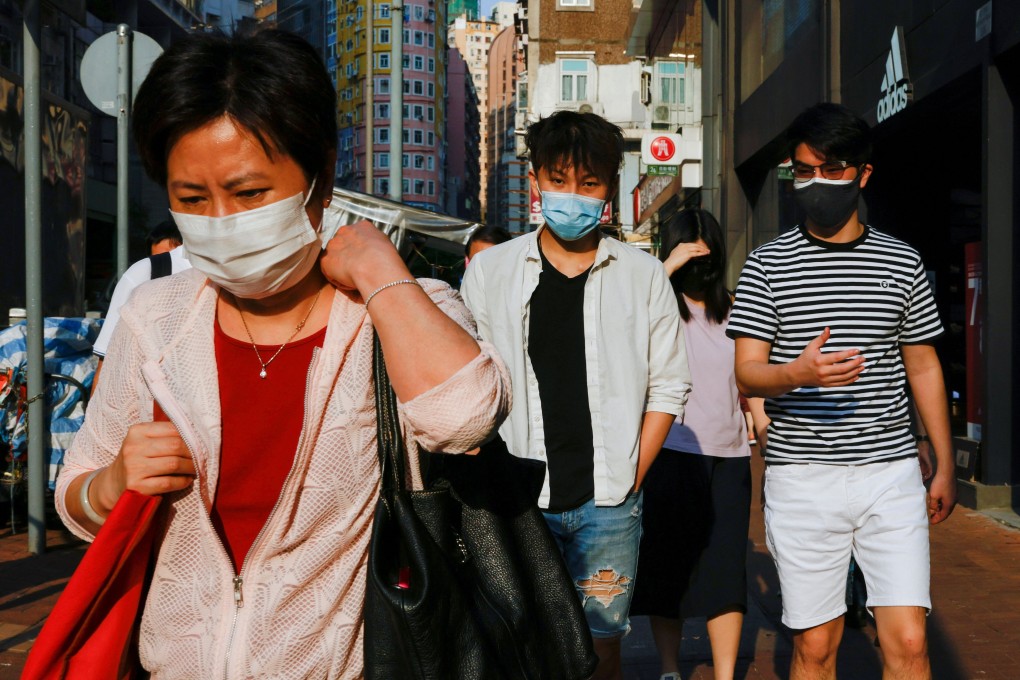Editorial | Hong Kong’s Covid rules to ease, but compliance and vigilance still key
- The gradual lifting of restrictions starting next week is no excuse for complacency – by either the public or the authorities

Hong Kong’s government says it will make good with its promise to ease social-distancing rules next Thursday.
The markedly fewer number of daily infections from the peak of the fifth wave of the coronavirus and higher vaccination rates are good reason to relax some control and prevention measures, allowing society to begin moving back towards normality.
But yesterday’s announcement is only the first of three phases, the other two depending on the success of the one before, so it is premature to celebrate.
As outgoing Chief Executive Carrie Lam Cheng Yuet-ngor stressed, compliance and vigilance remain as important as ever, particularly with the Easter holiday beginning today.
The relaxations target restrictions imposed as the Omicron-fuelled outbreak surged across the city at the start of the year.
Restaurants will be allowed to stay open four hours longer to 10pm and the number of people at tables increased from two to four.

